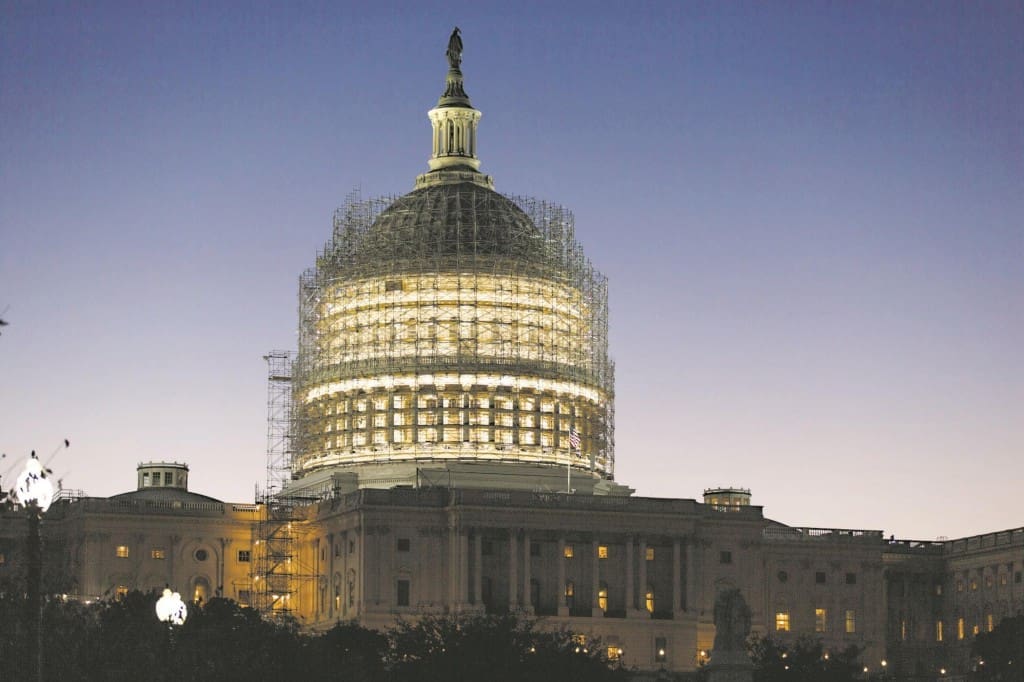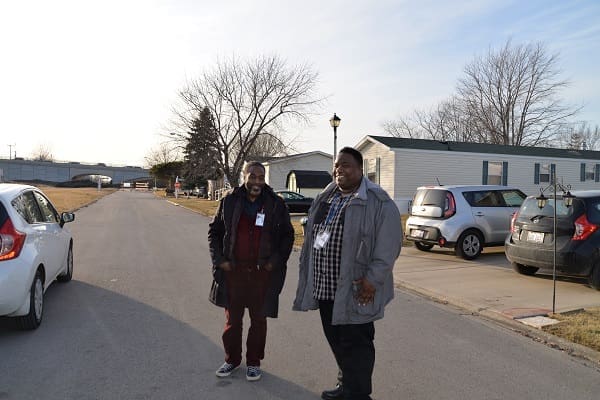The AIDS Foundation of Chicago (AFC) lauds the U.S. Congress in their relentless work to negotiate and pass a domestic budget that continues to strengthen and support critical HIV/AIDS services and programs into 2016.
Under the budget deal, Congress has made several noteworthy bipartisan commitments in their support for domestic HIV/AIDS programming, including:
-
 Ensuring integrity of all aspects of Ryan White funding with no cuts or consolidation
Ensuring integrity of all aspects of Ryan White funding with no cuts or consolidation - Restoring proposed cuts to Special Projects of National Significance (SPNS) and the Minority AIDS Initiative (MAI)
- Funding increases to hepatitis C (HCV) prevention, Housing Opportunities for People Living With HIV/AIDS (HOPWA), and MAI
- Groundbreaking language that supports the use of federal funds for syringe exchange activities that do not involve the actual purchase of syringes
More importantly, many of these commitments strongly back the newly-released National HIV/AIDS Strategy Updated to 2020 and its implementation plan by legislatively supporting a robust and well-funded domestic response that aligns with the goals of the strategy.
Despite the positive budget, advocates note a disappointment in the failure for Congress to modernize the formula on how funds are disbursed through HOPWA for high-need areas such as the Southern U.S. Moreover, advocates express uncertainty on how a $2 billion increase for National Institutes of Health (NIH) will translate to an HIV/AIDS research portfolio that is currently under threat. These areas, among others, will continue to be the focus of federal advocacy by AFC and its partners.
Additionally, while there is encouraging progress on HIV/AIDS funding for 2016 on the federal front, which will support communities impacted by HIV in Illinois, there continues to be a budget impasse in Springfield that drastically affects access to both HIV/AIDS programming and social services. AFC continues to call on Illinois state legislators to urgently pass a positive budget that can be complemented by federal dollars from this latest federal budget deal to fully address the epidemic in Illinois.


